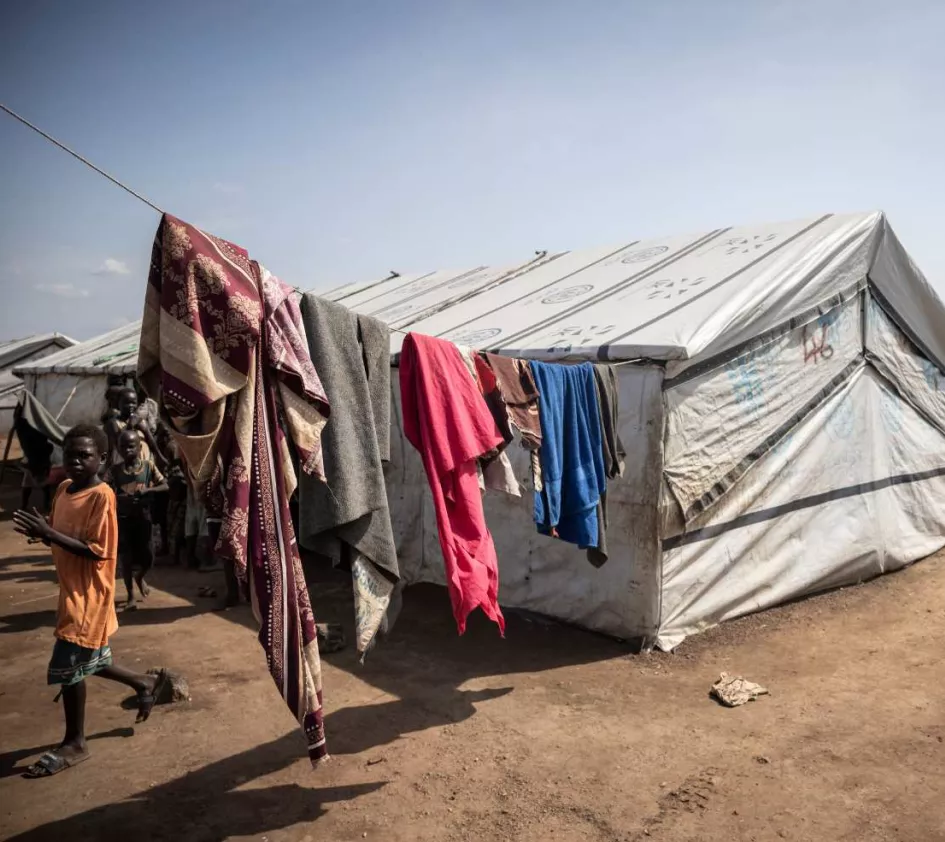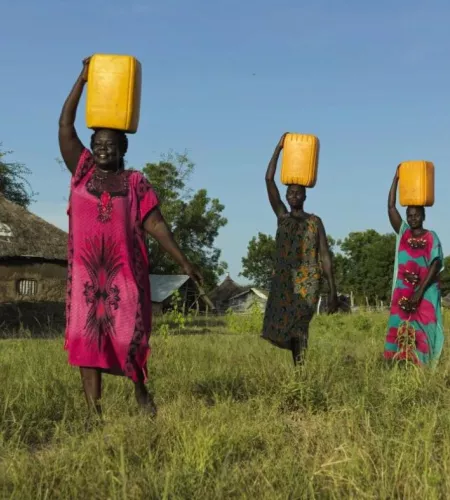Despite efforts by IOM, UNHCR and some NGOs at the border areas to keep track of the people entering South Sudan in dire need of assistance, the NGO community is expressing worries that the number is already over 50,000 and more people are arriving than agencies are projecting. NGOs fear that the situation is likely; to exacerbate the worrying humanitarian situation-where, an estimated 9.4 million people in South Sudan, including 2.2 million women, 4.9 million children and 337,000 refugees, are projected to need humanitarian assistance and protection services as per the South Sudan Humanitarian Response Plan 2023.
The humanitarian community in South Sudan is appealing to donors and all the relevant stakeholders; to provide support for humanitarian agencies to respond to the needs of the individuals arriving daily and to mitigate a likely humanitarian catastrophe.
“We appeal to donors to support NGOs to assist those fleeing the crisis in Sudan, including vulnerable women and children. Please, support the NGOs’ efforts to save lives and alleviate the suffering of persons looking for safety,” Cissy Kagaba, South Sudan NGO Forum Secretariat Director, says. The NGOs in South Sudan welcomed the extension of ceasefire for seven days by parties to the conflict and stress pursuance of peaceful means of solving the differences,” she says.


